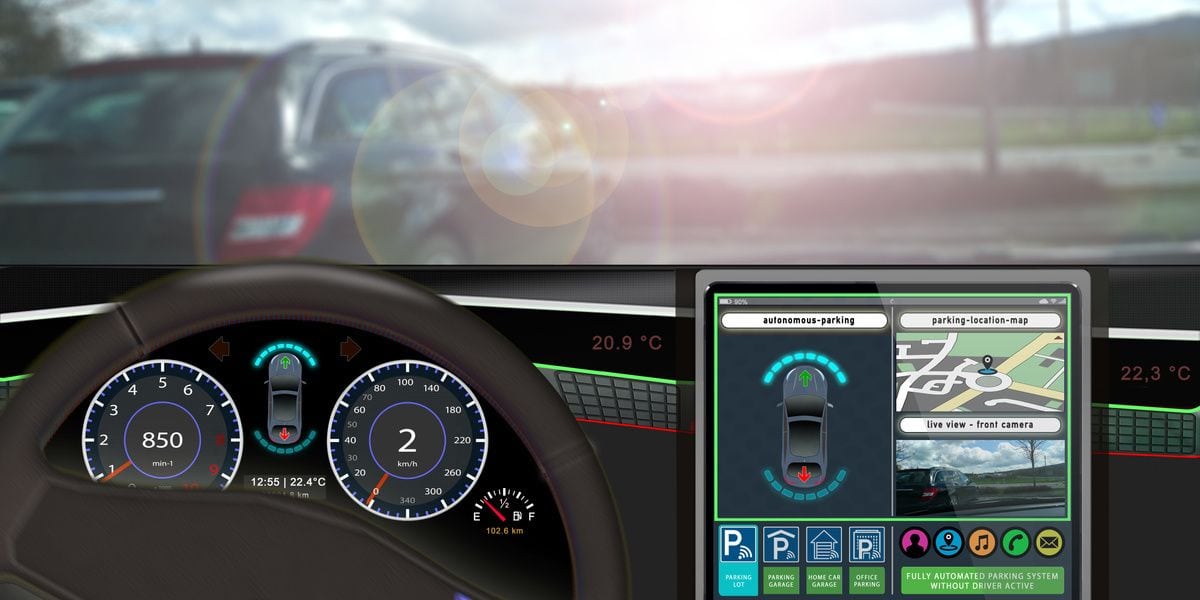Self-driving cars have long been a convention of futuristic sci-fi films like Minority Report and Total Recall, but in just a few years they have gone from being rumored projects in development to actually sharing our roads with us. And although self-driving cars may be the exception now, think about how quickly personal cell phones and laptops went from being luxury items to omnipresent objects in nearly everyone’s pockets and offices. Furthermore, to the extent that our laws are catching up with self-driving cars, those laws are primarily confirming the cars’ legality rather than placing restrictions on them. So, at this point, it is not a question of whether self-driving cars will become a reality, but instead how quickly they will spread across our roads and highways. Which brings up the question, who is liable in an accident involving a self-driving car?
Human Error vs. Product Defect
In this still mostly human-driving world, the vast majority of accidents are caused by human error, with the usual suspects being speeding, reckless driving, distracted driving, and drunk driving (or some combination of those). In such cases, the humans committing those errors are liable for all injuries caused. Behind human error, the next leading cause of accidents is mechanical failure in the vehicle itself, which could itself be the result of human error in failing to maintain the car. But in other cases, the mechanical failure is the result of a defect that was present in either the design or the manufacture of the car, and in those cases the manufacturer and seller would be liable for injuries caused by the defect through a product liability suit.
If we shift from human driving to self-driving, then presumably there will be a lot less human error involved with the hope that accident rates will go down as self-driving cars become more prevalent. And to the extent that accidents caused by self-driving cars occur when no human is driving the car, then a car accident case would look a lot more like a product liability case with the manufacturers and sellers being strictly liable for any injuries that result from defects present in the car.
A Potential Grey Zone of Liability
That said, it is also quite possible that personal injury lawsuits involving self-driving cars will become a question of who was at fault: the maker or the driver? For example, did the driver properly maintain the self-driving car and abide by agreements, warranties, and operating instructions? In the two fatalities that have occurred involving Tesla self-driving cars, both drivers reportedly operated the car without having their hands on the wheel, which is a violation of the user agreement drivers have with Tesla. This does not necessarily make it more difficult for a third party injured by a Tesla to sue both the driver and the manufacturer, but it may limit the liability of Tesla towards owners of its cars who do not follow the carmaker’s instructions.
Some Carmakers Already Accepting Liability
Interestingly, Volvo, Google, and Mercedes-Benz have all reportedly pledged that they would accept liability for car accidents caused during autonomous driving. Some might say that these carmakers are not really pledging anything as they would be likely be liable regardless of any pledge. Others might suggest that the proclamation is a justifiable ploy to instill confidence in a new mode of transportation that many potential riders are uneasy about. At any rate, time will tell how many accidents will occur with self-driving cars and how the courts assess liability.
Work with Proven Leaders in Personal Injury in the Inland Empire
The car accident attorneys at McCune Wright Arevalo have consistently won multi-million dollar verdicts and settlements on behalf of individuals and their families across the Inland Empire for years. Contact our offices to see what the car accident attorneys at McCune Wright Arevalo, LLP can do for you in winning a settlement or verdict on your behalf.
